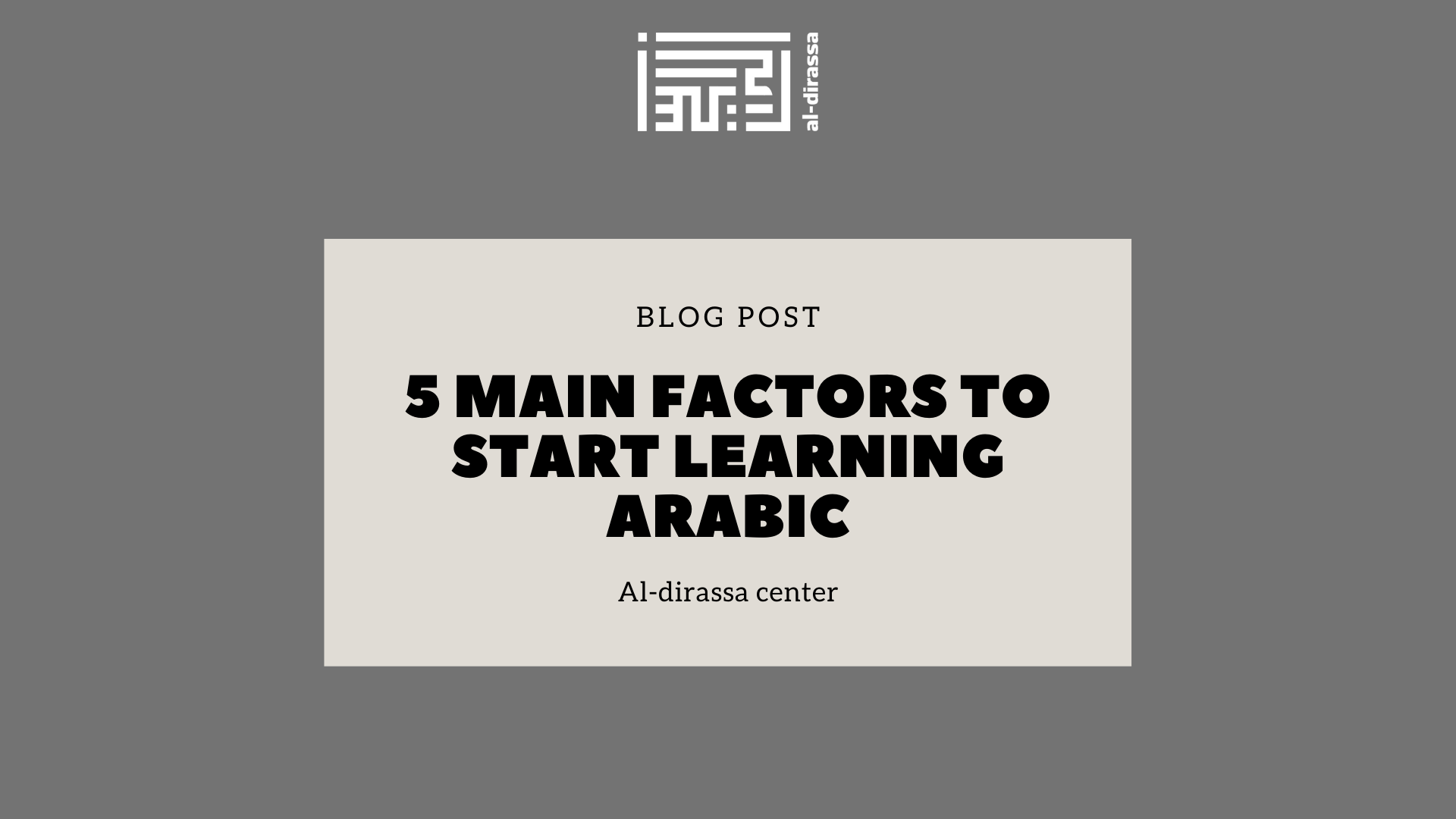Unlocking the Quran’s Wisdom: Mastering Arabic for Authentic Comprehension

Unlocking the Quran’s Wisdom: Mastering Arabic for Authentic Comprehension Unlocking the Depth of the Quran: The Importance of Learning Arabic For many Muslims, a pertinent question often lingers in their minds: “How can I truly understand the Quran?” The answer is intricately woven into the very fabric of the Quran itself: the Arabic language. […]
Top 5 Crucial Factors for Beginning Your Arabic Learning Journey

Top 5 Crucial Factors for Beginning Your Arabic Learning Journey Arabic, a linguistic gem, has played a crucial role as the medium of public communication in various fields, such as press, literature, political speech, and education. Like every discipline, diving deep into the Arabic world is not just about willpower. It requires strategy and understanding. […]

